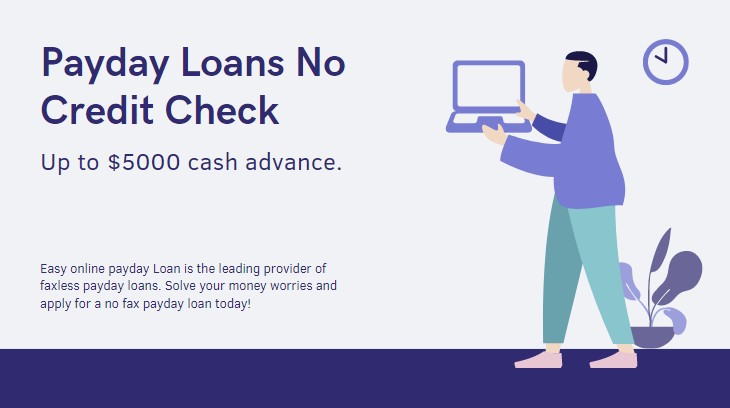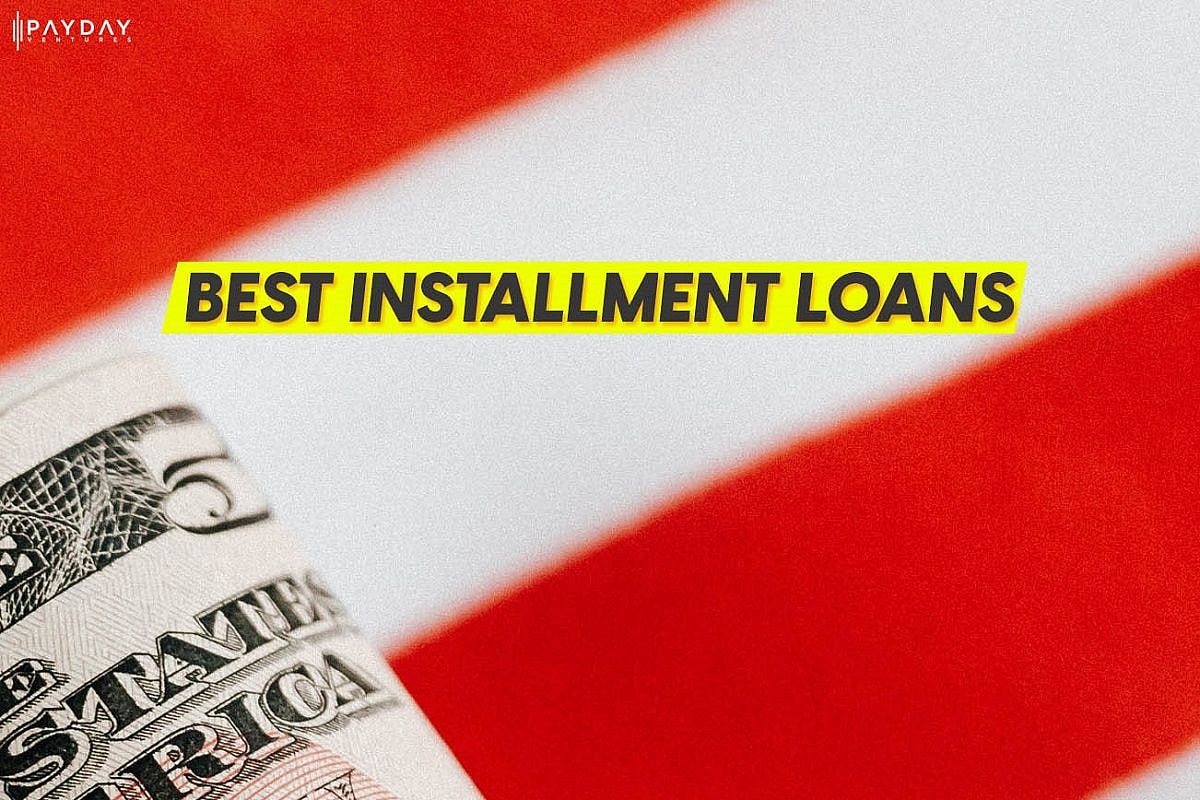Small Loans No Credit Check Instant Approval

Consumer watchdogs are sounding the alarm over a surge in online lenders offering "small loans, no credit check, instant approval," preying on financially vulnerable individuals. These loans often come with exorbitant interest rates and hidden fees, trapping borrowers in a cycle of debt.
This trend, fueled by aggressive online marketing, raises serious concerns about predatory lending practices and the potential for widespread financial harm. Borrowers are urged to exercise extreme caution and explore safer alternatives before considering these high-risk loans.
The Allure of Instant Approval: A Dangerous Trap
These loans, typically ranging from $100 to $500, are marketed as a quick fix for unexpected expenses. The promise of "no credit check" and "instant approval" is particularly attractive to individuals with poor credit histories or limited access to traditional financial services.
However, the convenience comes at a steep price. Annual Percentage Rates (APRs) on these loans can soar to 400% or even higher, far exceeding the rates charged by credit cards or personal loans from banks and credit unions. According to a 2023 report by the Consumer Financial Protection Bureau (CFPB), the average payday loan APR is around 391%.
Who is Targeted?
These lenders often target low-income individuals, unemployed workers, and those facing unexpected medical bills or car repairs. Aggressive online advertising and search engine optimization tactics ensure that these loans are highly visible to those most in need of financial assistance.
Many borrowers are unaware of the true cost of the loan until it's too late. The short repayment terms, often just a few weeks, make it difficult for borrowers to repay the loan on time, leading to further fees and penalties.
The Reality of "No Credit Check" Loans
While these lenders may not conduct traditional credit checks with major credit bureaus, they often gather data from other sources, such as bank account information and employment history. Some lenders may also use alternative credit scoring models that rely on factors like phone bills or utility payments.
The "no credit check" claim is often misleading. Lenders are still assessing the borrower's ability to repay the loan, albeit through different means.
Predatory Lending Practices Under Scrutiny
Consumer advocacy groups are actively campaigning to raise awareness about the dangers of these loans and to push for stronger regulations. Organizations like the National Consumer Law Center (NCLC) are providing resources and legal assistance to borrowers who have been victimized by predatory lenders.
Several states have enacted laws to cap interest rates on short-term loans and to regulate the practices of payday and title lenders. However, the online nature of these loans makes it difficult to enforce these regulations effectively.
Where Are These Loans Offered?
These loans are primarily offered online through websites and mobile apps. Many of these lenders operate across state lines, making it difficult for state regulators to take action against them.
The anonymity and convenience of online lending make it easier for unscrupulous lenders to evade scrutiny and to target vulnerable consumers across the country.
When Are These Loans Most Prevalent?
The demand for these loans tends to increase during times of economic hardship, such as recessions or natural disasters. During these periods, more people are struggling to make ends meet and may turn to these loans as a last resort.
The recent surge in inflation and rising living costs has also contributed to the increased demand for short-term loans. Many families are finding it difficult to cover basic expenses and are turning to these loans to bridge the gap.
How Borrowers Get Trapped
The combination of high interest rates, short repayment terms, and hidden fees can quickly trap borrowers in a cycle of debt. Many borrowers end up taking out new loans to repay old ones, further compounding their financial problems.
The Pew Charitable Trusts conducted a study in 2014 that found that the average payday loan borrower is in debt for five months of the year. This highlights the long-term financial impact of these loans.
Protecting Yourself From Predatory Lending
Borrowers are advised to explore alternative options before considering a "small loan, no credit check, instant approval." These options may include seeking assistance from local charities, negotiating payment plans with creditors, or applying for a personal loan from a bank or credit union.
It's crucial to carefully read the terms and conditions of any loan before signing. Pay close attention to the APR, repayment schedule, and any fees or penalties.
Next Steps: Regulatory Action and Consumer Education
The CFPB is actively monitoring the online lending market and taking enforcement actions against lenders engaged in predatory practices. The agency is also working to educate consumers about the risks associated with these loans.
Consumers who believe they have been victimized by a predatory lender are encouraged to file a complaint with the CFPB and to seek legal assistance.
Ongoing developments include increased scrutiny from state and federal regulators, as well as efforts to promote financial literacy and responsible lending practices. The fight against predatory lending is far from over.


















